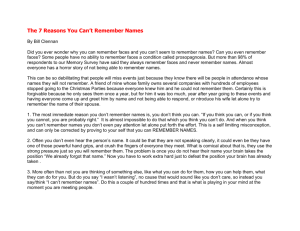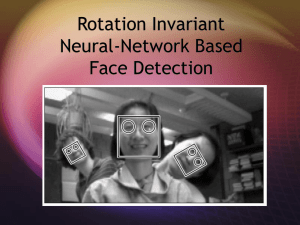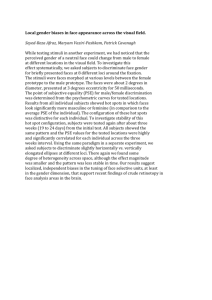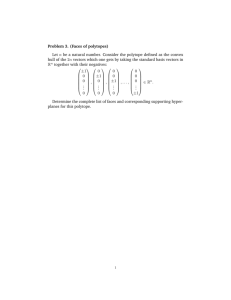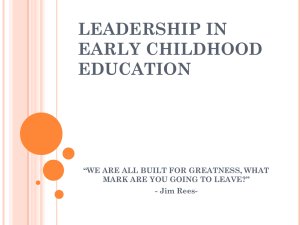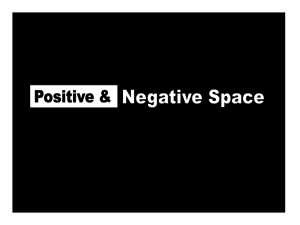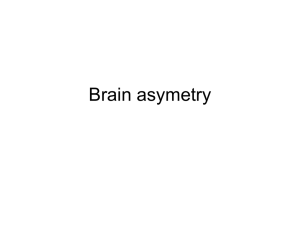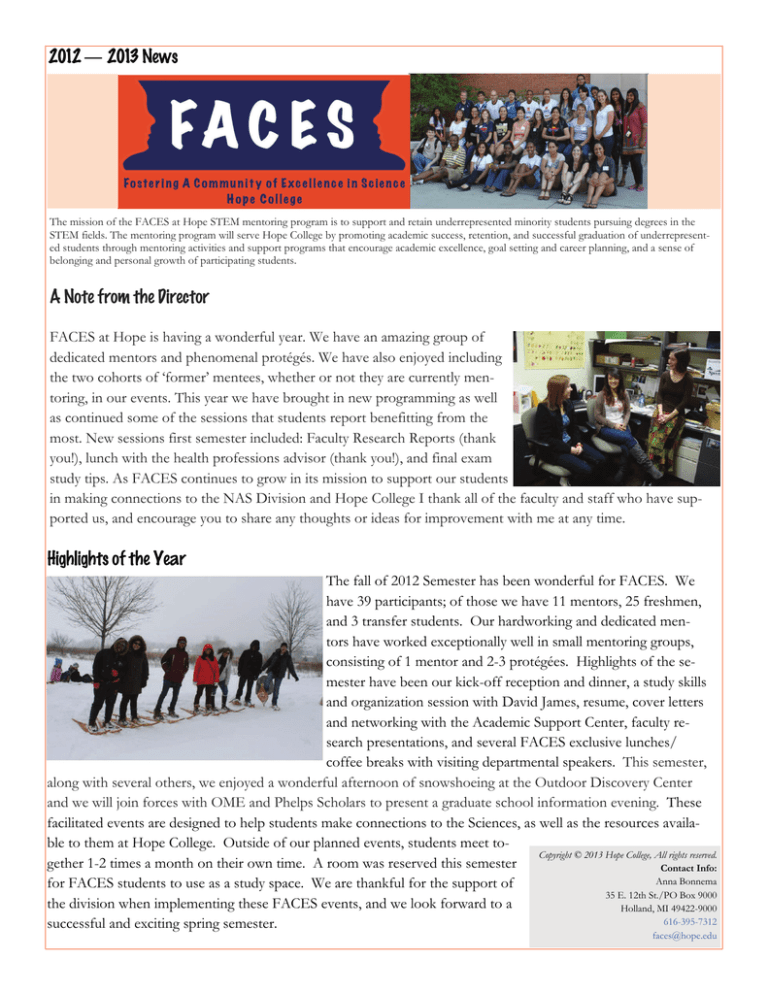
2012 — 2013 News
The mission of the FACES at Hope STEM mentoring program is to support and retain underrepresented minority students pursuing degrees in the
STEM fields. The mentoring program will serve Hope College by promoting academic success, retention, and successful graduation of underrepresented students through mentoring activities and support programs that encourage academic excellence, goal setting and career planning, and a sense of
belonging and personal growth of participating students.
A Note from the Director FACES at Hope is having a wonderful year. We have an amazing group of
dedicated mentors and phenomenal protégés. We have also enjoyed including
the two cohorts of ‘former’ mentees, whether or not they are currently mentoring, in our events. This year we have brought in new programming as well
as continued some of the sessions that students report benefitting from the
most. New sessions first semester included: Faculty Research Reports (thank
you!), lunch with the health professions advisor (thank you!), and final exam
study tips. As FACES continues to grow in its mission to support our students
in making connections to the NAS Division and Hope College I thank all of the faculty and staff who have supported us, and encourage you to share any thoughts or ideas for improvement with me at any time. Highlights of the Year The fall of 2012 Semester has been wonderful for FACES. We
have 39 participants; of those we have 11 mentors, 25 freshmen,
and 3 transfer students. Our hardworking and dedicated mentors have worked exceptionally well in small mentoring groups,
consisting of 1 mentor and 2-3 protégées. Highlights of the semester have been our kick-off reception and dinner, a study skills
and organization session with David James, resume, cover letters
and networking with the Academic Support Center, faculty research presentations, and several FACES exclusive lunches/
coffee breaks with visiting departmental speakers. This semester,
along with several others, we enjoyed a wonderful afternoon of snowshoeing at the Outdoor Discovery Center
and we will join forces with OME and Phelps Scholars to present a graduate school information evening. These
facilitated events are designed to help students make connections to the Sciences, as well as the resources available to them at Hope College. Outside of our planned events, students meet toCopyright © 2013 Hope College, All rights reserved.
gether 1-2 times a month on their own time. A room was reserved this semester
Contact Info:
Anna Bonnema
for FACES students to use as a study space. We are thankful for the support of
35 E. 12th St./PO Box 9000
the division when implementing these FACES events, and we look forward to a
Holland, MI 49422-9000
616-395-7312
successful and exciting spring semester.
faces@hope.edu
Is FACES making a difference?
How can we measure the impact of FACES?
Currently, we are doing two things. First, we’re using surveys and interviews conducted by the Frost Center for Social Science Research. While this program is evolving as FACES grows, it is clear that the relationships the FACES students form
are important to both the mentors and their protégés. You will read a few testimonies from FACES participants that illustrate the impact this program has had on them.
So the students “like” the program, but does it really make a difference in the “success” of the participants?
With our first two cohorts, we’re currently able to review two quantitative factors - retention rates and earned grades. In the
first two years, FACES students are retained at rates significantly higher than any other groups we can compare them against
- all first-year students, all first-year STEM students, all first-year underrepresented minorities, all students eligible to participate in FACES that chose not to participate in FACES. They are even beating all predictions based on Hope’s Institutional
Research Models, which seem spot on for all other campus averages.
How are their grades?
Once again, the Institutional Research model predictions are spot on in terms of predicting GPAs for all majors based on
their high school grades and test scores. Faces students achieve GPAs that are exactly as predicted (3.21). However, STEM
majors who do not participate in FACES earn grades that are slightly less than their predicted GPAs (3.27 vs. 3.36). STEM
majors who are eligible to participate in FACES and choose not to participate also earn GPAs less than their predicted
GPAs (2.83 vs. 3.03).
What does this all mean?
Clearly, we are dealing with small groups, so we can’t read too much into the numbers. However, all the data and anecdotal
evidence indicate that the program is having a positive impact on STEM retention and academic achievement. With your
help, we hope to expand the reach of the program and help even more potential STEM majors succeed.
A Mentor's Perspective: Why I think FACES is important
-Arnaud Muhimpundu
I think that FACES is a very important program here at Hope College because
it provides a wonderful opportunity to foster inclusive relationships between
upper-class students and incoming underrepresented minority students in the
Sciences. As a FACES mentor, I have the opportunity to work with my
mentees in making an easier adjustment to life in College, more importantly,
balancing science classes with other activities on campus. Furthermore,
FACES provides a chance for me to know and use the many resources provide
by the college to help make this transition process easier for incoming students. Lastly, FACES is important because it is a resources that first year students can use to succeed in their perspective majors.
A Protegee's Perspective: How FACES changed my first semester at Hope
-Sarah Harvin
Participating in FACES has, without a doubt, proved to be very helpful in this first semester at Hope College. I feel privileged to have been a part of this outstanding program. FACES has helped me connect with upperclassmen (as well as faculty
members) whom I never would have had the chance to meet, and it has also provided me with valuable tips and pieces of
advice that other freshmen simply don't have. I have been personally introduced to biology and chemistry professors, given
an outline on how to write a résumé, and given very useful advice on how to study for tests and how to write lab reports.
Above all, FACES has given me a fantastic mentor who is studying the same subject matter I am, and who has given me
priceless tips on how to navigate through my first year successfully. I would highly recommend this program to incoming
freshmen.

